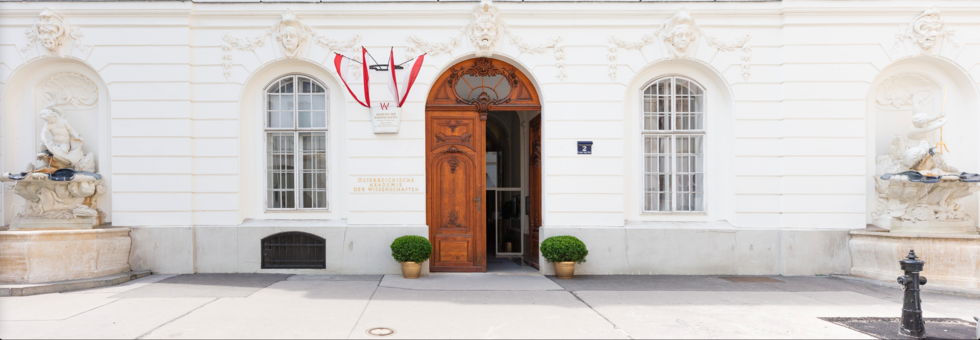Knowledge | Wissensproduktion

The research group examines how Central Europe has established itself as a hub of globally intertwined knowledge production and how it can be positioned as an object of cross-regional comparison and as a knowledge resource for the heterogeneous societies of today. It explores the specific functions of scientific and non-scientific knowledge in our region in the past and present: how knowledge is produced, circulated and mobilized to regulate collective identities, generate or reduce cultural differences, and to establish and maintain disciplinary discourses, practices, ideas and state norms. The integrated analysis of knowledge production and social power structures on local, national and global levels promotes a critical understanding of the factors that regulate social agency.